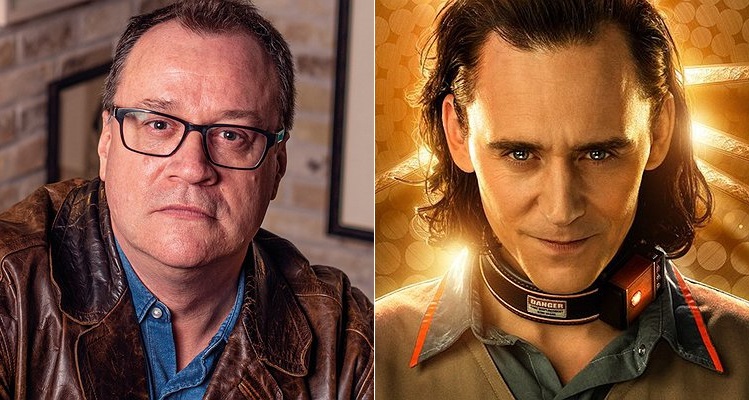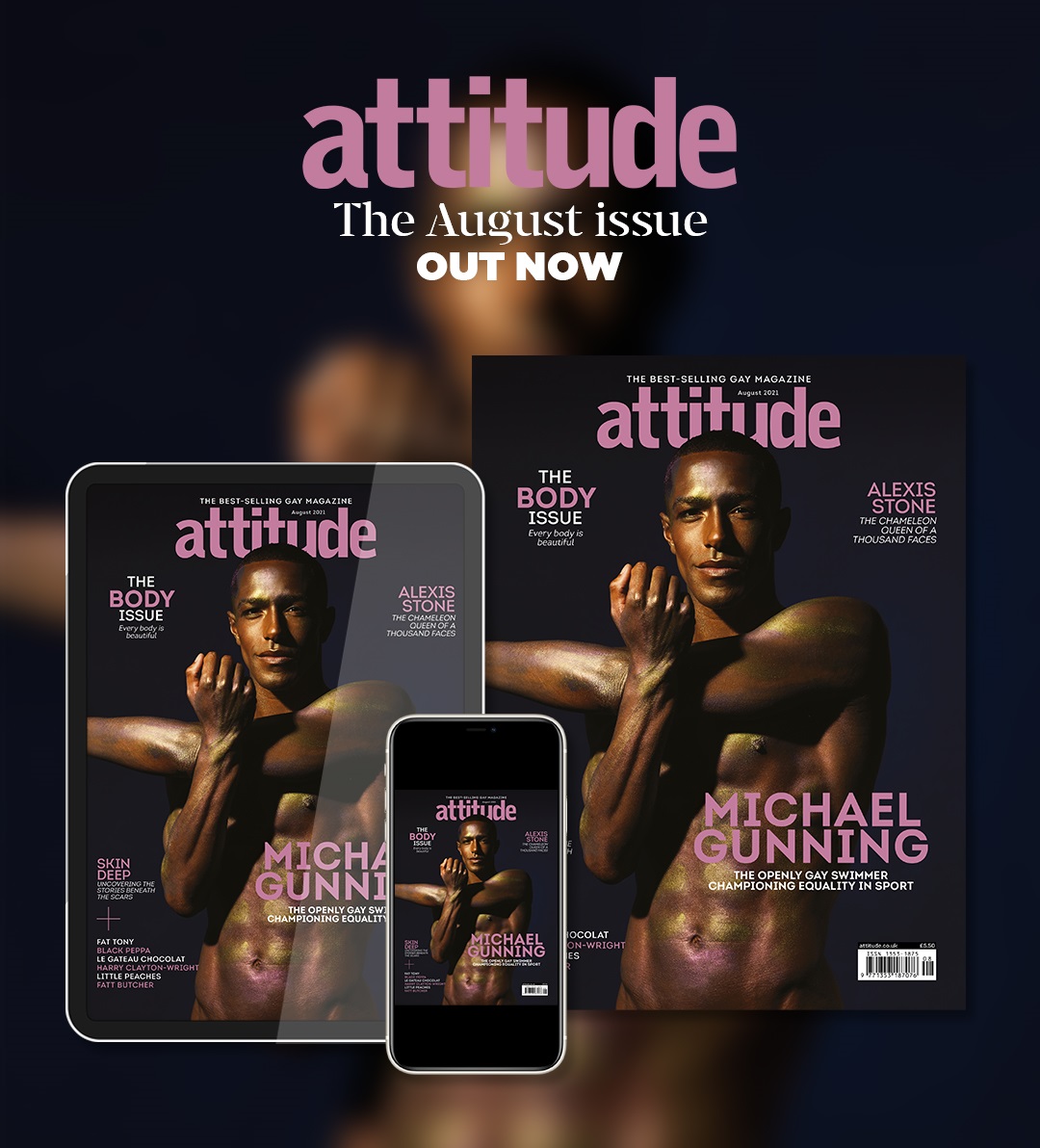Russell T Davies blasts Disney’s ‘pathetic’ Loki bisexuality scene
The It's a Sin creator dismissed a recent scene featuring Tom Hiddleston's Marvel character as a "ridiculous, craven, feeble gesture".

Words: Alastair James; pictures: YouTube
Russell T Davies has criticised Disney and Netflix for their representation of LGBTQ characters and stories, accusing the corporations of ignoring the community altogether.
The manwho gave telvision LGBTQ shows including It’s a Sin, Queer as Folk, and Cucumber has said that the platforms have made a “feeble gesture” towards the community and that the companies expected massive praise for not doing very much.
It follows the titular character of the Disney+ series Loki, played by Tom Hiddlestone confirming he was bisexual as well as being gender fluid.
“A ridiculous, craven, feeble gesture”
In the Disney+ show, Loki speaks to an alternate version of himself where they discuss their identity, which includes a reference to Loki liking “a bit of both” when it comes to princesses and princes.
In a teaser for the show, the character was also confirmed to be gender-fluid in the MCU canon. Both parts of the character’s identity are also the case in the Marvel comics, which have served as the basis for the MCU.
POV: You’ve just arrived at the TVA 🕰 Marvel Studios’ #Loki starts streaming Wednesday on @DisneyPlus. pic.twitter.com/fhP2pWvOz5
— Loki (@LokiOfficial) June 6, 2021
But taking part in a Q&A with Swansea University in July, the Welsh writer, 58, warned of “huge clanging warning bells ringing as the giants rise up with Netflix and Disney Plus especially”.
Davies continued: “I think that’s a very great worry. Loki made one reference to being bisexual once, and everyone’s ‘Oh my god, it’s like a pansexual show’.
“It’s like one word! He said the word ‘prince’. And we’re meant to go ‘thank you, Disney, aren’t you marvellous’. It’s pathetic. It’s a ridiculous, craven, feeble gesture towards the vital politics of the stories that should be told. So, they will damn us with their condescension in the end. So that’s my worry now.”
Following on from that, Jill Nadler, who inspired the character of Jill in Davies’ Aids drama It’s a Sin said she thought things were improving. She agreed things had a long way to go but that “we see much more representation of gay life but there’s a diversity in gay life that isn’t shown.
“I expect that there’s a lot of diversity and people who still feel like they’re not represented and not seen much of.”
“We should be acknowledging this”
Speaking to Collider in July, Loki’s director Kate Herron suggested Loki could get a boyfriend in a second series of the show. She also explained why it was important for her, as someone who’s bisexual, to include that aspect of the character.
“He’s being written as bi and also pan, and I just wanted to make sure that we were acknowledging that aspect of his personality. Because the whole show is about Loki’s identity, and it felt like, well, we should be acknowledging this.”
Contrary to where Russell T Davies appears to be coming from, Herron said she wanted to normalise it rather than make a fanfare: “If someone asks me, I would just be very matter of fact about it. I think that was really important to us, just normalizing the fact of him being like, ‘Yeah, a bit of both.’ That for us felt very important.”
The issue of LGBTQ representation in film and TV is one that often rears its head. Most recently, Disney has found itself facing criticism for its portrayal of another LGBTQ character in the film Jungle Cruise.
In the film, Jack Whitehall’s character McGregor has a discussion with Dwayne Johnson’s character Frank about his sexuality saying he had broken off engagements with women because his interests “lie elsewhere”. The word ‘gay’ is never specifically said, which has irked many in the community. Both actors have gone on the record saying they think the scene was handled well.
Watch the full discussion including Russell T Davies below.
The Attitude Body Issue is out now.
Subscribe in print and get your first three issues for just £1 each, or digitally for just over £1.50 per issue.

